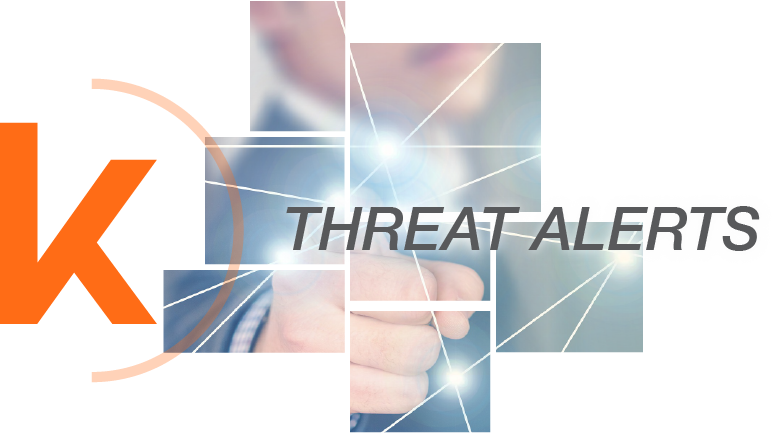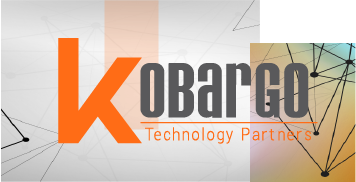The rise of artificial intelligence (AI) is transforming the cybersecurity landscape, bringing both innovation and new challenges. While AI technologies have greatly enhanced our ability to detect and mitigate cyber threats, they have also introduced a new category of risk: AI malware. As cybercriminals adopt AI to create more advanced and adaptive forms of malware, organizations must evolve their defenses accordingly. This shift is especially crucial for businesses supporting remote workers, where mobile device protection and decentralized access create additional vulnerabilities.
The Double-Edged Sword of AI in Cybersecurity
AI has the power to revolutionize cybersecurity through intelligent threat detection, anomaly monitoring, and real-time incident response. However, these same capabilities are being used to develop AI malware, malicious software that leverages AI to improve its effectiveness, persistence, and stealth.
Unlike traditional threats, AI malware can learn and adapt, making it far more dangerous than static attack methods. While the software is not self-aware, its ability to automate complex tasks and mimic human behavior allows it to avoid detection and carry out targeted attacks with alarming precision.
Kobargo is an expert in protecting mobile devices from malware, especially when it comes to remote workers and protecting remote staff. As distributed workforces become the norm, Kobargo’s approach to endpoint protection and proactive threat detection is essential in mitigating the risks posed by AI malware across mobile and remote environments.
How AI Malware Operates
AI malware is not a sentient, thinking entity. Rather, it operates like conventional malware, such as phishing attacks, spyware, or ransomware, but with advanced capabilities powered by machine learning and automation. These tools allow malware to analyze patterns, learn from its environment, and improve over time. This makes it highly effective at identifying vulnerabilities, adapting to different operating systems, and bypassing traditional security protocols. Key capabilities of AI malware include:
- Targeting specific individuals or systems based on gathered behavioral data
- Profiling users to craft highly personalized phishing or social engineering attacks
- Exploiting vulnerabilities quickly using automated scans and custom payloads
- Evading detection by mimicking normal user behavior or dynamically rewriting its code
- Adapting to defensive measures in real time
For remote teams working on mobile devices or unsecured networks, these capabilities represent a serious threat. Devices that may not benefit from enterprise-level protection are often the first point of compromise.
Real-World Examples of AI Malware
The growing use of AI malware has already led to a new generation of highly effective cyberattacks:
- Realistic AI-generated phishing emails or deepfake audio that impersonate CEOs, tricking employees into transferring funds or disclosing sensitive information
- Autonomous malware bots that adapt their attack vectors based on a device’s activity, operating system, or user habits
- AI-powered ransomware that identifies and prioritizes high-value data, encrypts it efficiently, and customizes ransom demands based on the victim’s industry or revenue
These examples illustrate just how sophisticated and damaging AI-driven threats have become and why proactive defense is more important than ever.
Defending Against AI Malware
To counter the growing threat of AI malware, organizations must combine advanced technological tools with informed and vigilant human behavior.
- Implement AI-Driven Security Tools
Just as AI can power malware, it can also power defenses. Modern threat detection tools use machine learning to identify unusual behavior, flag zero-day vulnerabilities, and neutralize threats in real time.
- Protect Mobile Devices
With remote work here to stay, protecting smartphones, tablets, and laptops is essential. Endpoint protection tools, mobile threat defense platforms, and encrypted VPNs should be standard for all remote staff.
- Strengthen the Human Firewall
No AI tool is perfect. Training employees to recognize suspicious behavior, phishing attempts, and potential malware activity is one of the most effective ways to stop attacks early. Ongoing security awareness training is essential.
- Stay Informed and Proactive
The best defense against AI malware is staying ahead of it. Regularly update software, review security protocols, and stay current on emerging threats. Waiting until after an attack occurs is no longer an option.
As AI malware becomes more common and more sophisticated, cybersecurity strategies must evolve in kind. By combining cutting-edge tools with smart user education and proactive monitoring, organizations can significantly reduce their risk. In a world where remote work and digital connectivity have become standard practice, protecting every endpoint, including mobile devices, is more critical than ever.
Kobargo Is Your Source for Website Security Services
Outsourcing IT services can be a smart choice for businesses that want to focus on their core competencies. It can help them gain access to expertise and resources and improve cost-effectiveness, security, flexibility, scalability, performance, and reliability.
With nearly 50 years of experience working in technology, Kobargo is skilled in all information technology matters. If you’re interested in outsourcing your IT infrastructure, contact us today to learn how we can help.



